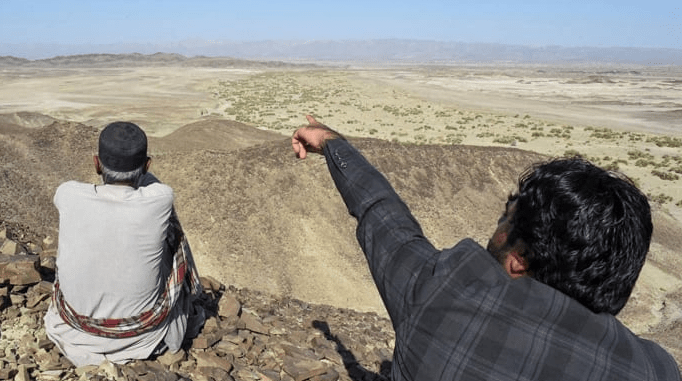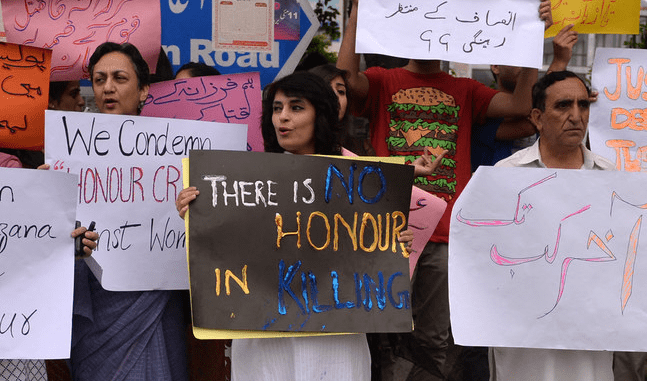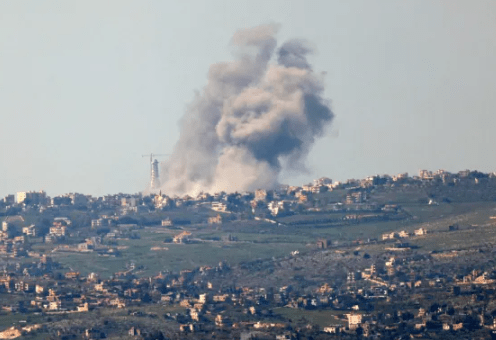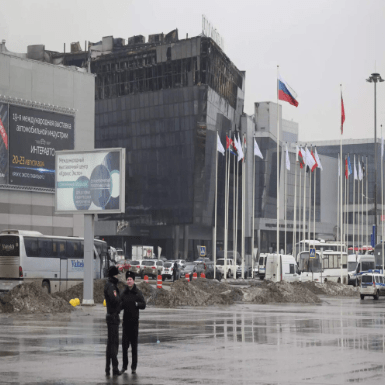U.S. sees ‘serious escalation’ in North Korea launches using new ICBM system
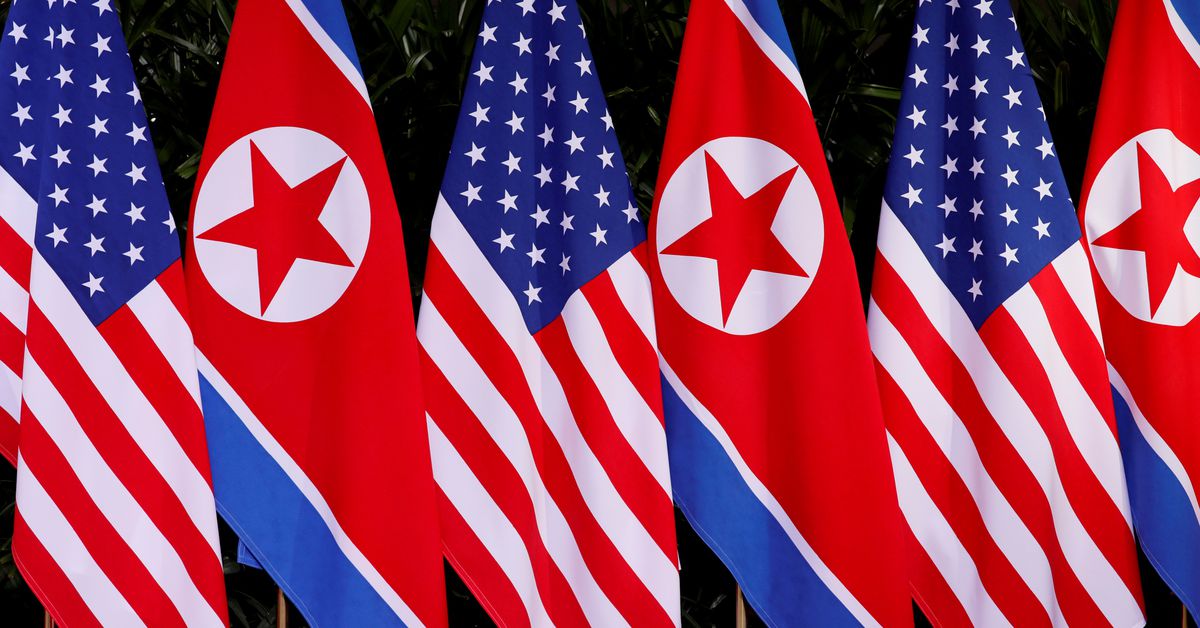
U.S. and North Korean national flags are seen at the Capella Hotel on Sentosa island in Singapore June 12, 2018. REUTERS/Jonathan Ernst/File Photo
WASHINGTON, March 10 (Reuters) – North Korea deployed a relatively new inter-continental ballistic missile system in Feb. 26 and March 4 test-firings, a senior Biden administration official said on Thursday, calling it a serious escalation requiring a united global response.
North Korea froze its ICBM and nuclear tests in 2017 after launching its first missiles capable of reaching the United States. It has not conducted a nuclear weapons test since, but leader Kim Jong Un has warned of a return to testing both. read more
The new system involved an “ICBM-capable platform” but did not demonstrate inter-continental ranges in the launches, which were likely meant to test elements of the system before a full-range launch, potentially disguised as a space launch, the U.S. official told reporters, speaking on condition of anonymity.
Register now for FREE unlimited access to Reuters.com Register
He said the missile system was unveiled at an Oct. 10, 2020, parade in North Korea and at a defense exhibition in Pyongyang in October 2021.
On Thursday, North Korean state media quoted Kim Jong Un as saying that North Korea would launch a number of reconnaissance satellites in coming years to provide real-time information on military actions by the United States and its allies.
Experts say North Korea appears to be preparing to launch a reconnaissance satellite that would involve use of the same banned ballistic missile technology used in ICBMs. read more
A ‘SERIOUS ESCALATION’
The U.S. official called the recent North Korean launches read more a “serious escalation.”
“The United States decided to reveal this information publicly and share it with other allies and partners because we prioritize the reduction of strategic risks and believe firmly that the international community must speak in a united voice to oppose further development of such weapons,” he said.
The official said the U.S. Treasury, which has imposed a range of sanctions on North Korea over its weapons programs, will announce new actions on Friday to help prevent North Korea “accessing foreign items and technology that enable it to advance its weapons programs.”
These steps would be followed by a range of further actions in coming days, the official said.
At the October exhibition cited by the U.S. official, Kim Jong Un said North Korea’s weapons development was necessary in the face of hostile policies from the United States and a military buildup in South Korea
The U.S. Directorate of National Intelligence (DNI) said in its annual Worldwide Threat Assessment released on Monday that North Korea’s recent missile tests could be groundwork for a return to nuclear as well as ICBM tests. read more
This would pose an additional headache for a U.S. administration already grappling with the Ukraine crisis.
The U.S. official said the U.S. Indo-Pacific Command had ordered intensified intelligence surveillance and reconnaissance collection in the Yellow Sea and enhanced readiness among U.S. ballistic missile defense forces in the region. read more
He reiterated that U.S. President Joe Biden was open to meeting Kim Jong Un when there was a “serious agreement” on the table based on working-level talks, but added that North Korea had not responded to U.S calls for dialogue.
On Thursday, South Korea elected conservative Yoon Suk-yeol to be its new president and experts believe this could be a nail in the coffin for outgoing President Moon Jae-in’s policy of engagement with North Korea, which failed to make meaningful headway throughout his term. [nL3N2VC2W9[
Yoon has pledged a muscular military strategy and said pre-emptive strikes may be the only way to counter an imminent launch by North Korea’s new hypersonic missiles.
His team said he will seek to restart talks with North Korea, but on the condition that it takes concrete actions to denuclearise. They also call for boosting military deterrence, including by strengthening ties with Washington. read more
Register now for FREE unlimited access to Reuters.com Register
Reporting by David Brunnstrom and Steve Holland in Washington; Editing by Mary Milliken and Howard Goller
Our Standards: The Thomson Reuters Trust Principles.


